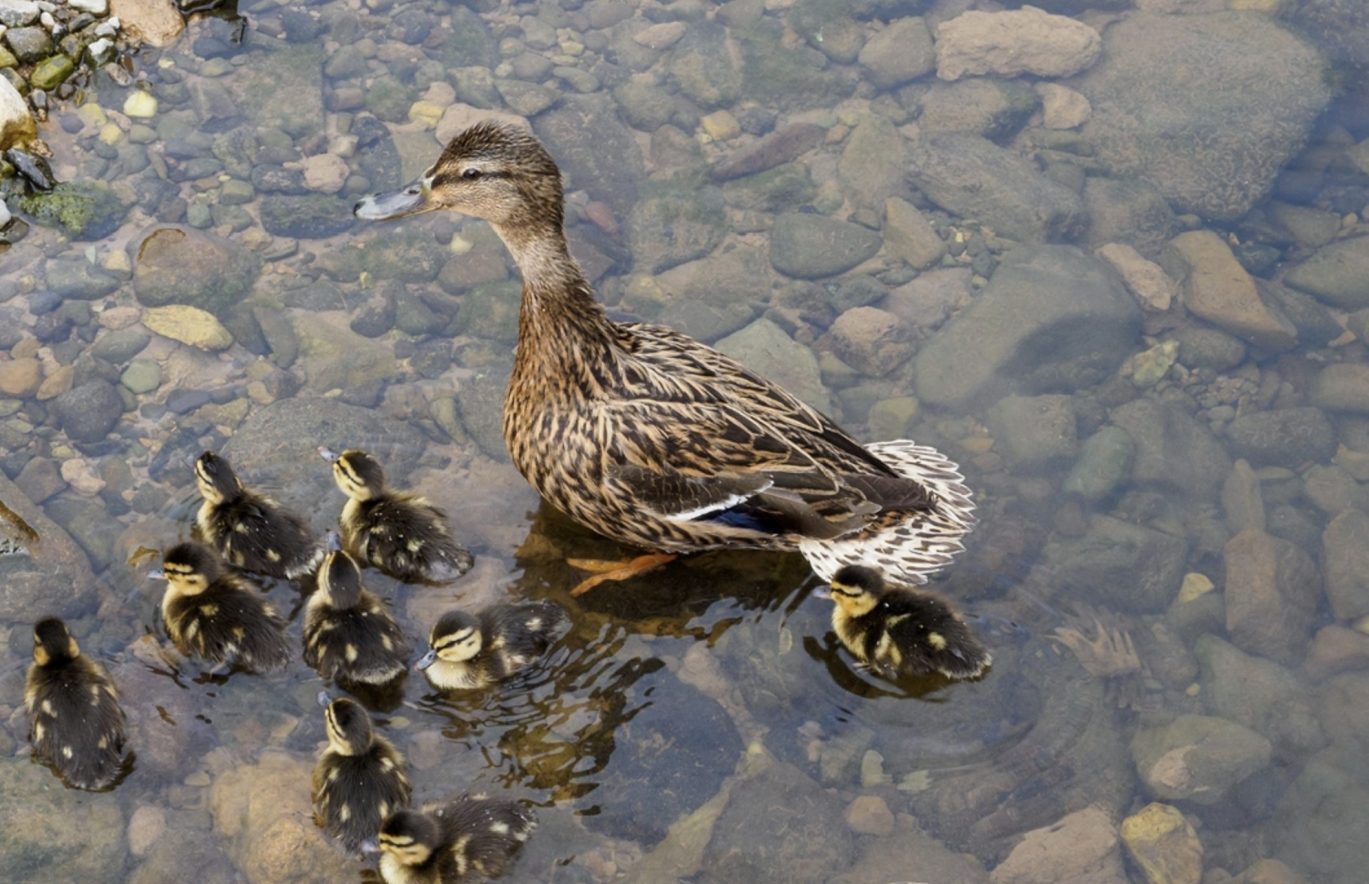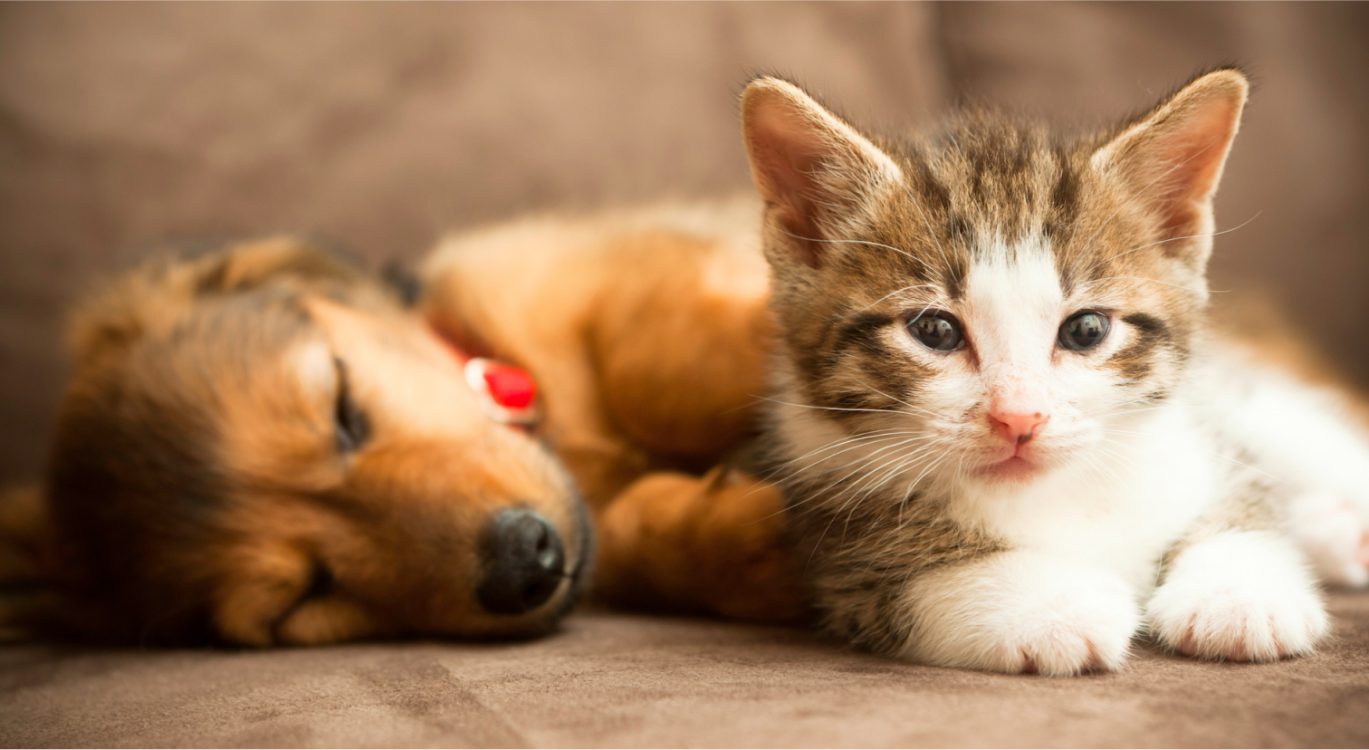
Bird
Scotland’s lush woodlands and food-rich seas, shores and grasslands provide a home to over five hundred species of native birds.
Our National Wildlife Rescue Centre admits almost 5,550 wild animals on average per year, and around 70% of these are wild birds.
In Scotland, all wild birds, their nests and their eggs are protected by law under the Wildlife and Countryside Act 1981 and further protection is given to some rarer birds and species more vulnerable to disturbance or persecution.
Nestlings and fledglings
Birds will build their nests in different habitats, depending on the species; including trees, near or on the rooftops of buildings, on the ground, or on cliffs. The nest protects the eggs and the parents incubate until the baby birds are ready to hatch.
The amount of time a baby bird spends developing in the nest will depend on the species. Baby birds will remain in the nest (nestlings), being fed and cared for by their parents until they are old enough to start learning to fly (fledglings).
So how can you tell the difference between a nestling and a fledgling?
Nestlings will either be fluffy-looking or have no feathers at all. A nestling is too young to survive out of the nest and is highly vulnerable. A fledgling is a fully-feathered, young bird.
If you have found a nestling and you know where the nest is, you can carefully put the bird back in to the nest. If the nest location is unknown, you can create a replacement nest using a small cardboard box or Tupperware container. Line the container with moss, grass and tissue and place the nest in a nearby bush or tree to where the nesting was found. Monitor the nest to see if the parents return.
It is perfectly normal for fledglings to spend time out of the nest when they’re learning to fly. It’s highly likely that they don’t need our help and, in most cases, the parents will be watching over them nearby. In almost all cases, it’s best to leave them alone.
It is very common for well-meaning people to disturb or accidentally rescue a baby bird which doesn’t need rescued at all!
See our lone baby animals advice for more information.
Can I remove a nest?
It is illegal to remove a bird nest that is in use or under construction. You will be able to remove the nest once the nesting season is over. However, the length of this season will depend on the species of bird. Birds nest throughout Spring and Summer and some birds will nest more than once during that time.
Adding an artificial nesting box to your garden can help you control where birds nest the following year.
My pet has attacked a bird
It’s not unusual for a pet to bring an unwanted visitor into your home. Quite often the bird will be unharmed however you should always give us a call as there may be puncture wounds that you cannot see. Place a box over the bird to prevent further attacks.
If your pet brings you a dead bird, see our advice on deceased wildlife.
A bird has flown into my window – what should I do?
It’s common for birds to fly into things like windows or glass doors. If there is no sign of injury but the bird isn’t flying away, it’s likely that they’re just stunned. Wearing gloves, gently lift the bird into a cardboard box to keep them safe whilst they recover and release after one to two hours.
I’ve seen a bird with a ring around it’s leg – what does it mean?
If you come across a wild bird with a metal ring around their leg, they are likely to be part of a research programme. These metal rings have a unique reference code inscribed on them that allows that particular bird to be identified if it is caught again in the future.
Alternatively, they could be an escaped, owned bird such as a racing pigeon or a falconry bird. This ring identifies their owner.
If you find a dead, ringed bird, you should report their ring number here.
Odd behaviour in birds
Neurologic changes in birds can be caused by disease, genetic abnormalities, malnutrition, pollutants, trauma, infections and so on. If you see a wild bird trembling, convulsing, walking round in circles or holding their head at an abnormal angle, call our helpline on 03000 999 999.
Common illnesses or injuries for birds
Avian flu
Bird flu, or avian influenza, is a highly contagious viral disease affecting the respiratory, digestive and/or nervous system. Bird flu affects wild bird populations as well as domestic and farmed birds.
Birds with missing feet or legs
Missing limbs could be the result of a natural deformity, an attack, an accident or a historic injury. This can make birds more vulnerable to predators and affect their chances of survival in the wild.
However, birds missing toes or a foot are often still capable of flying and fending for themselves, so it is not always possible to catch them. If the bird is an adult and otherwise looks healthy, they should be left alone.
Bumblefoot
Bumblefoot is a common bacterial infection and inflammatory reaction that occurs on the feet of birds. Symptoms include swelling, redness, small red sores, lesions, cracks, or discoloration. If you come across a bird you suspect has bumblefoot, call our helpline on 03000 999 999. An animal rescue officer will assess the bird’s condition before making a decision to take it to our wildlife hospital or humanely euthanise them.

Support us from £5 a month
It costs us £63,000 every day to continue the work that animals across Scotland depend on. Our work is only possible because of the generosity of people like you.
